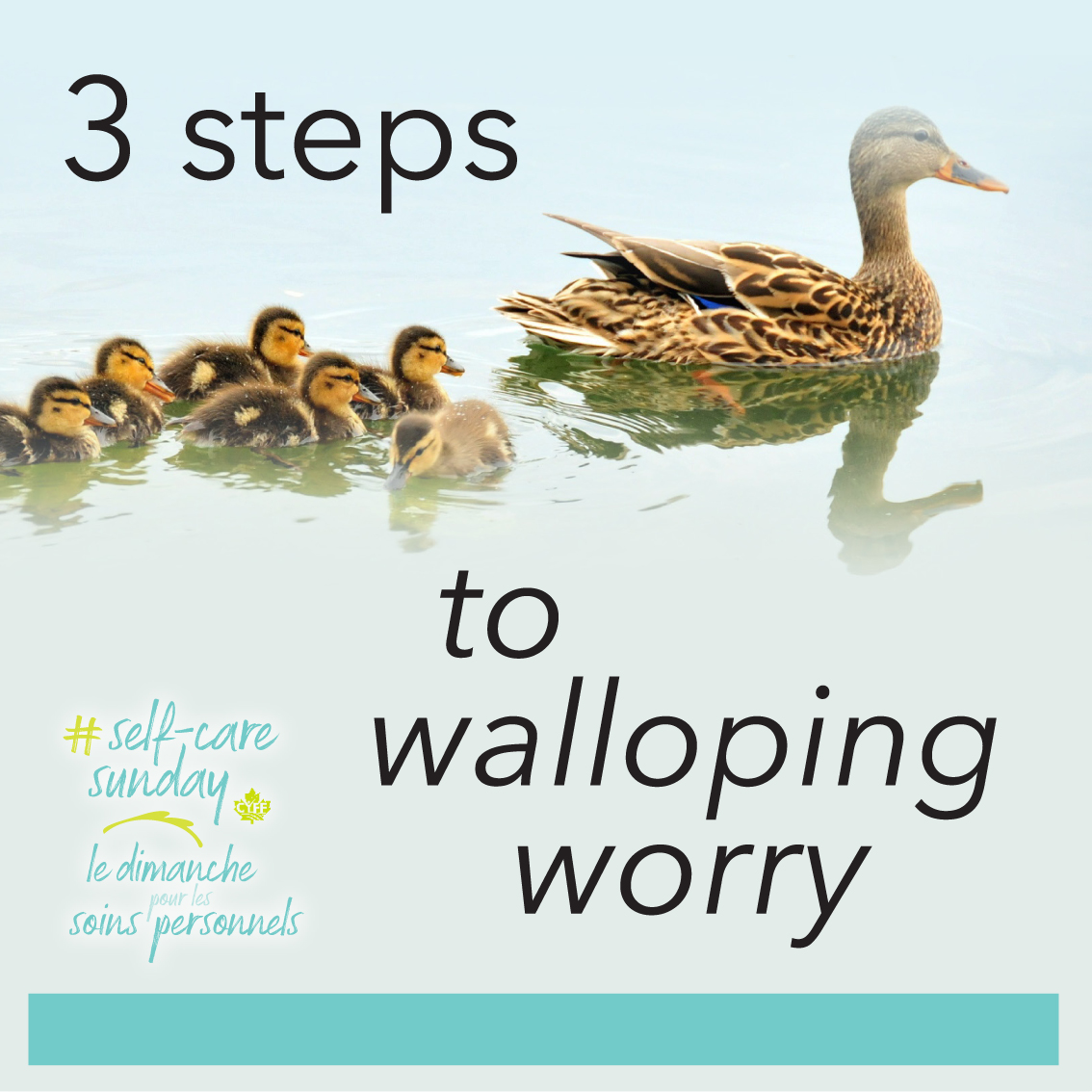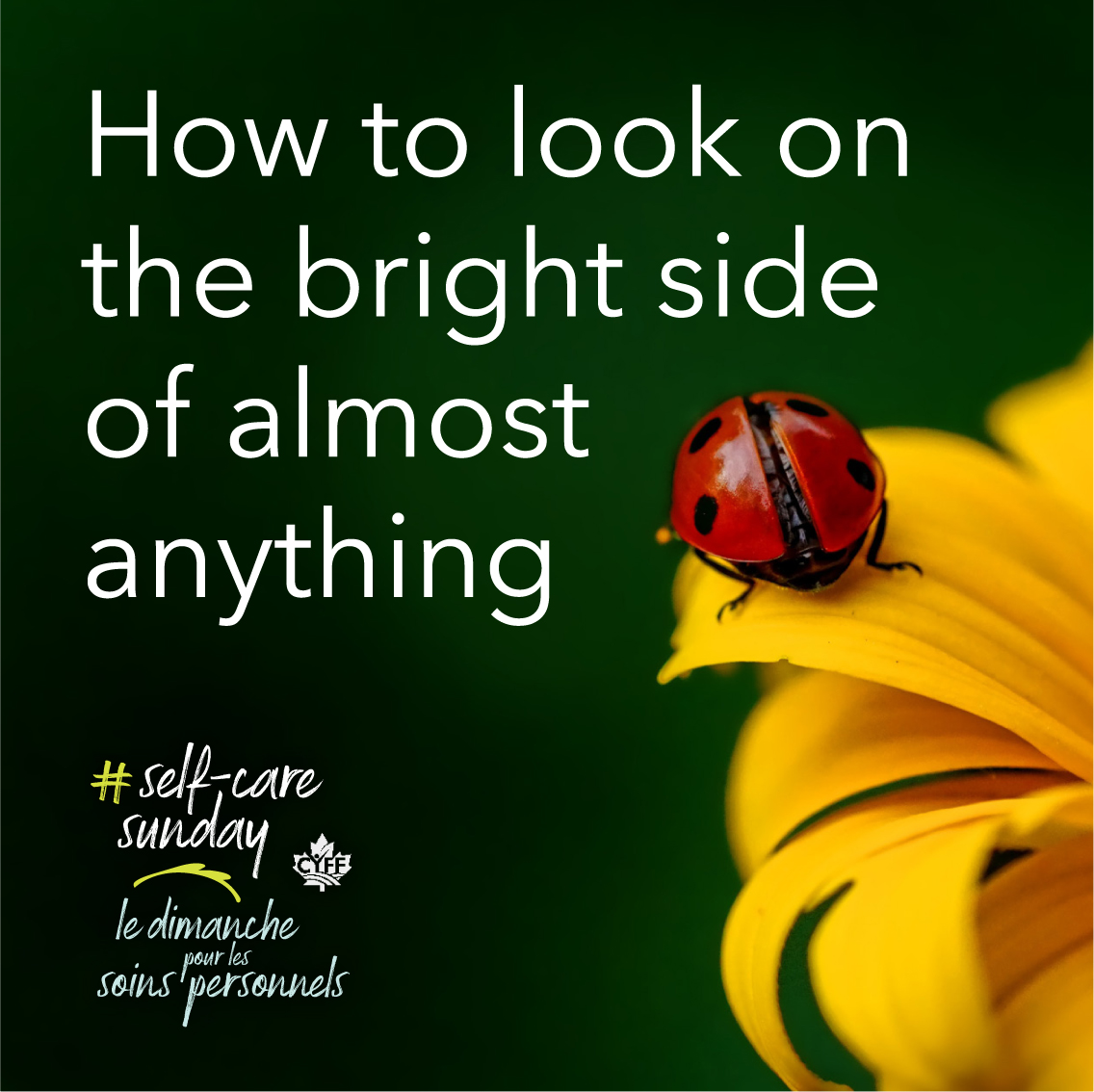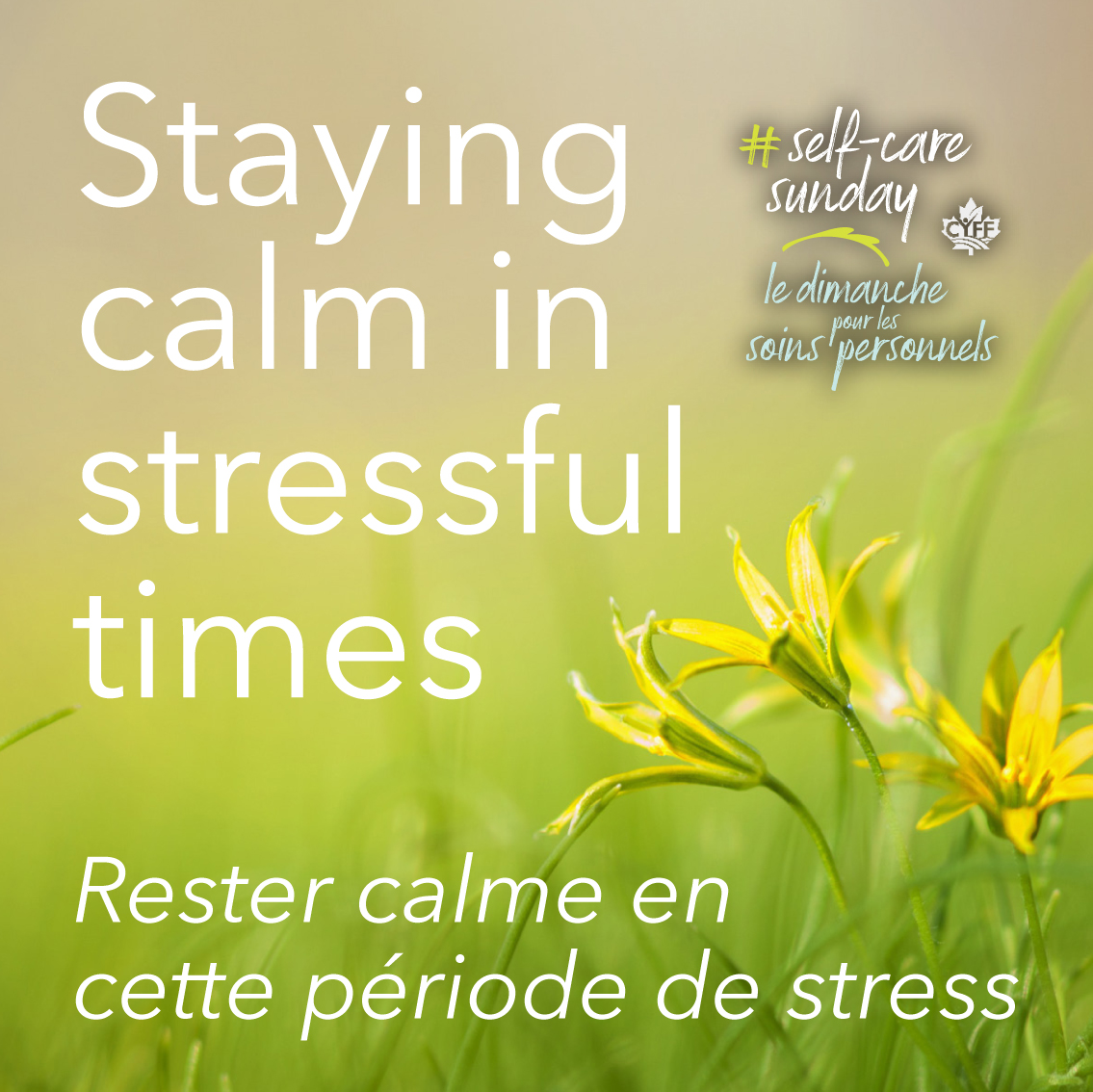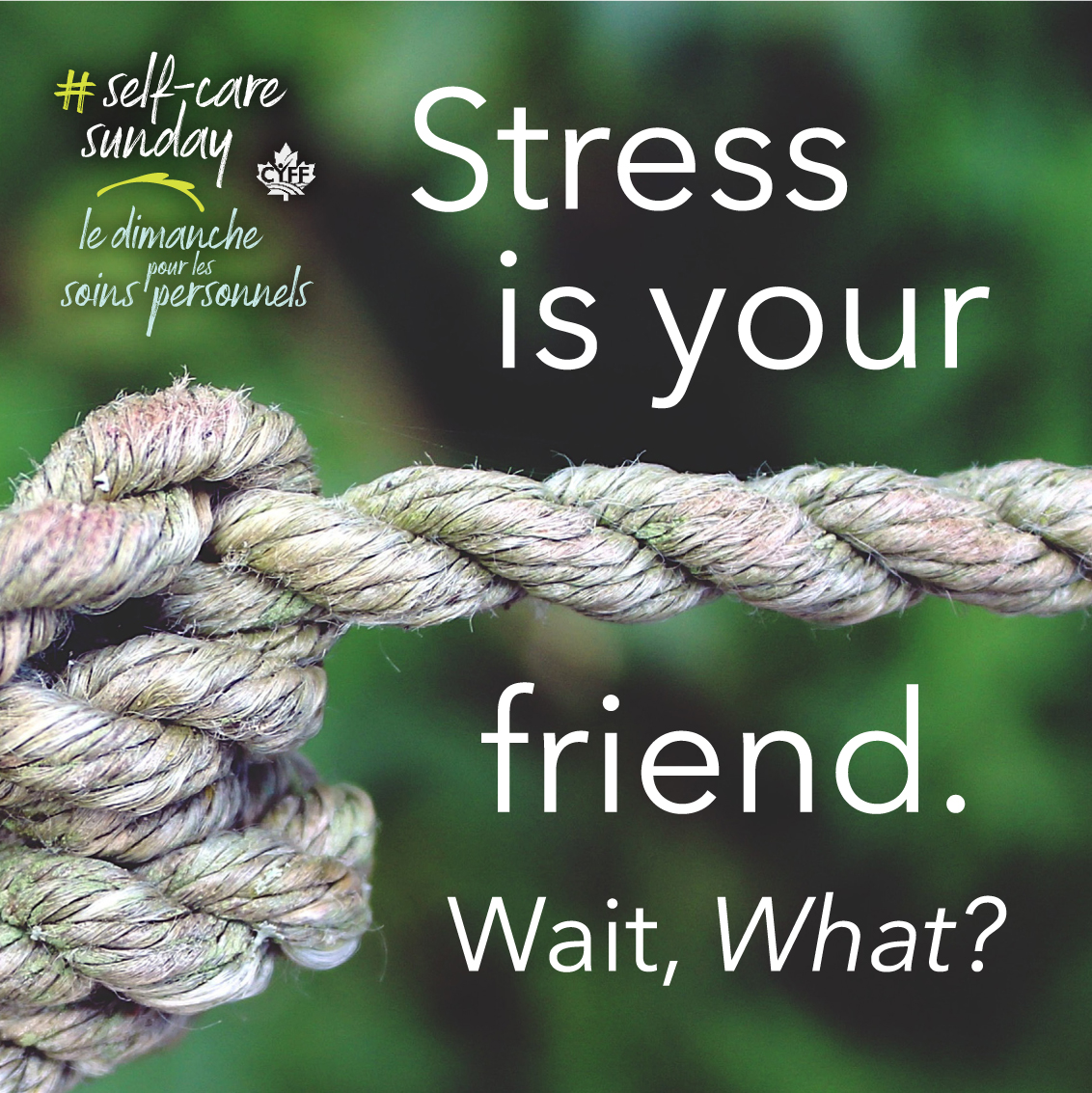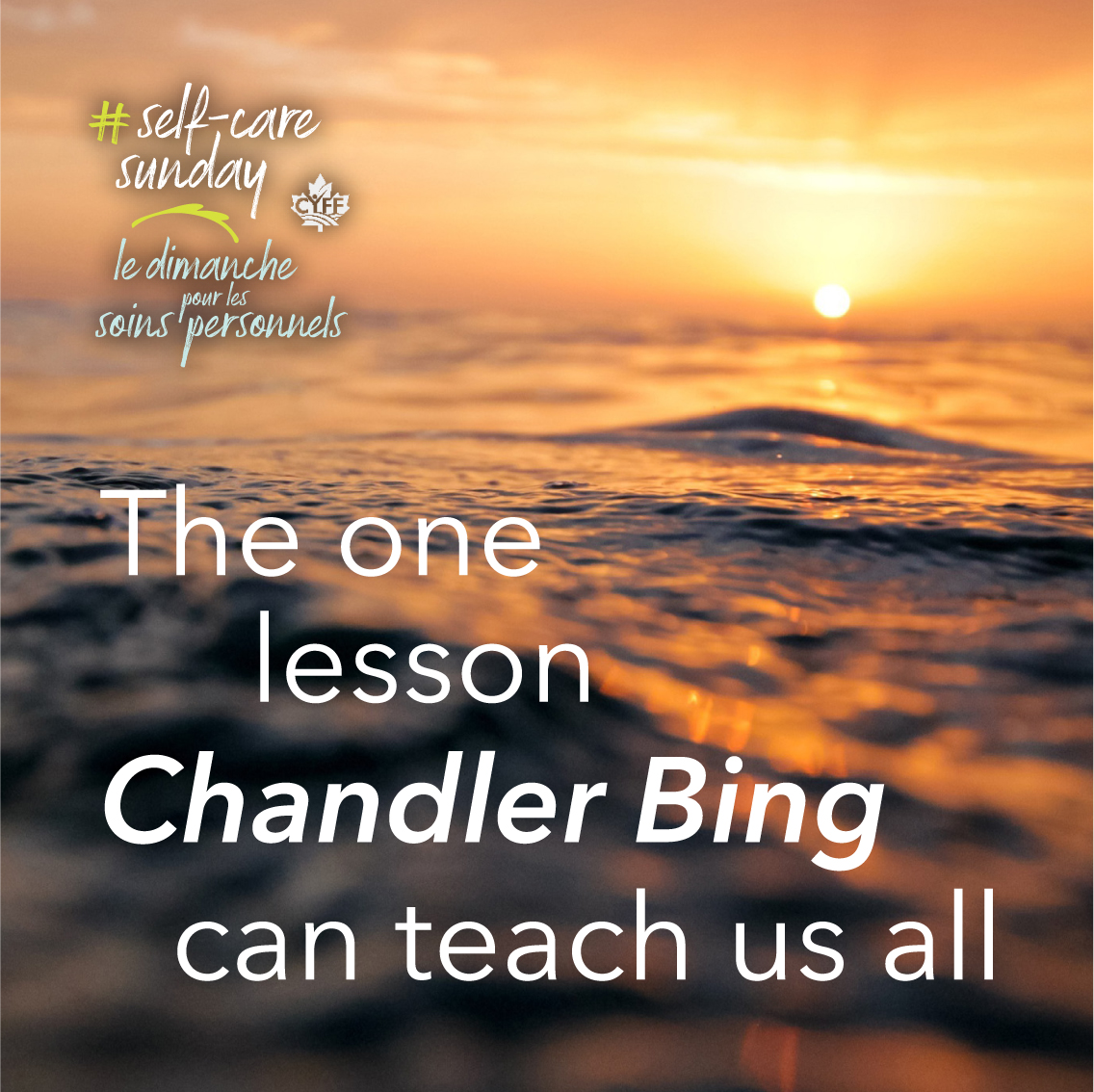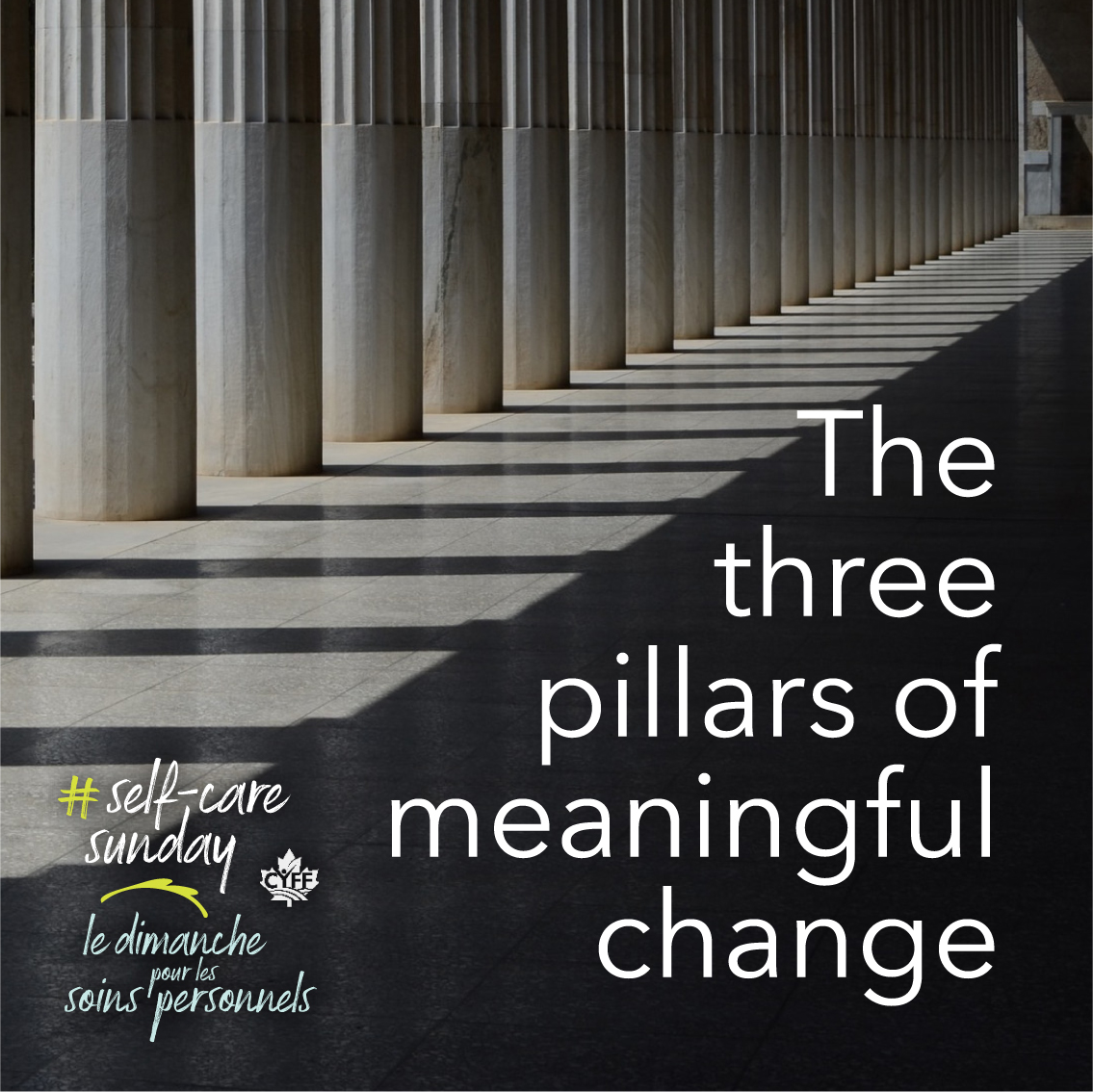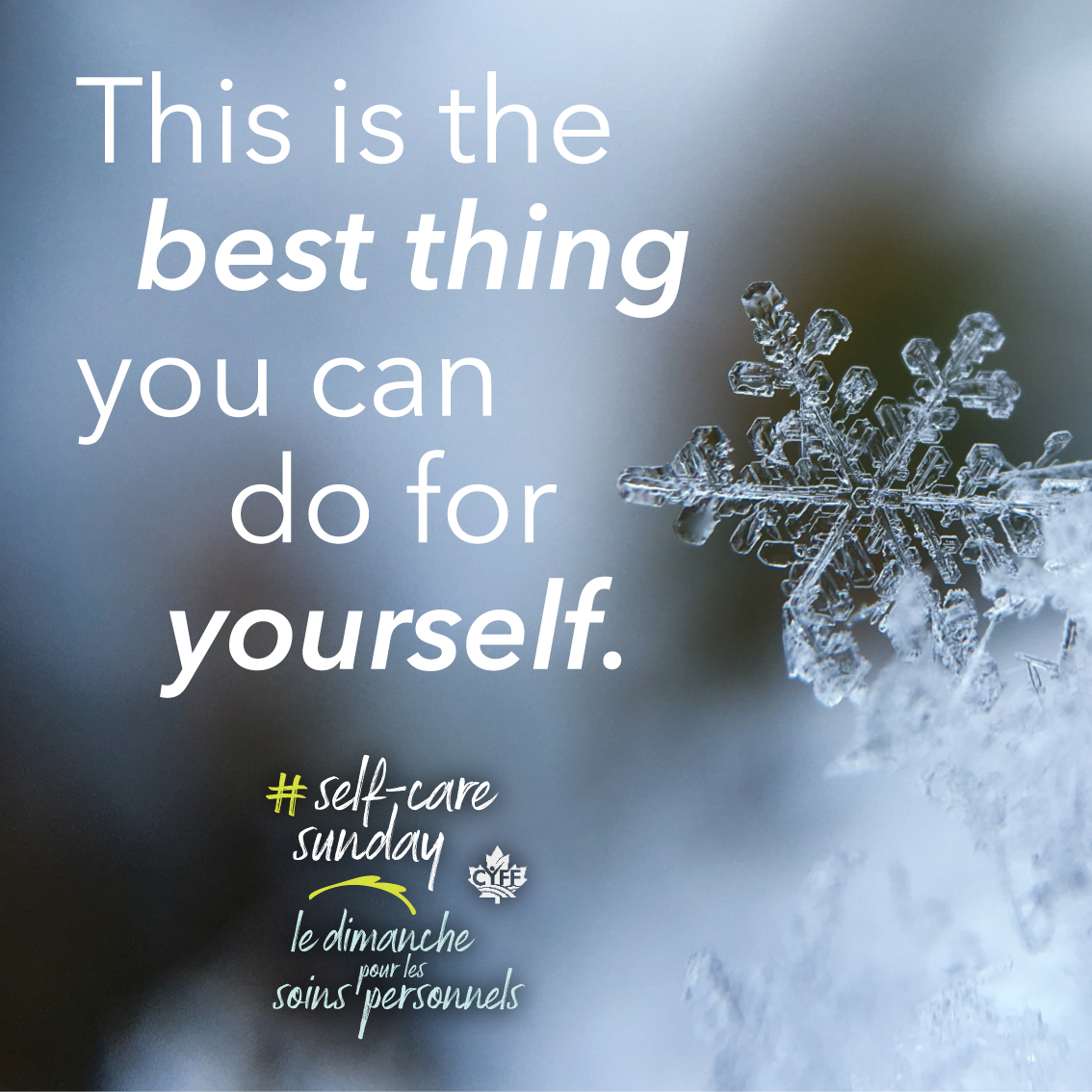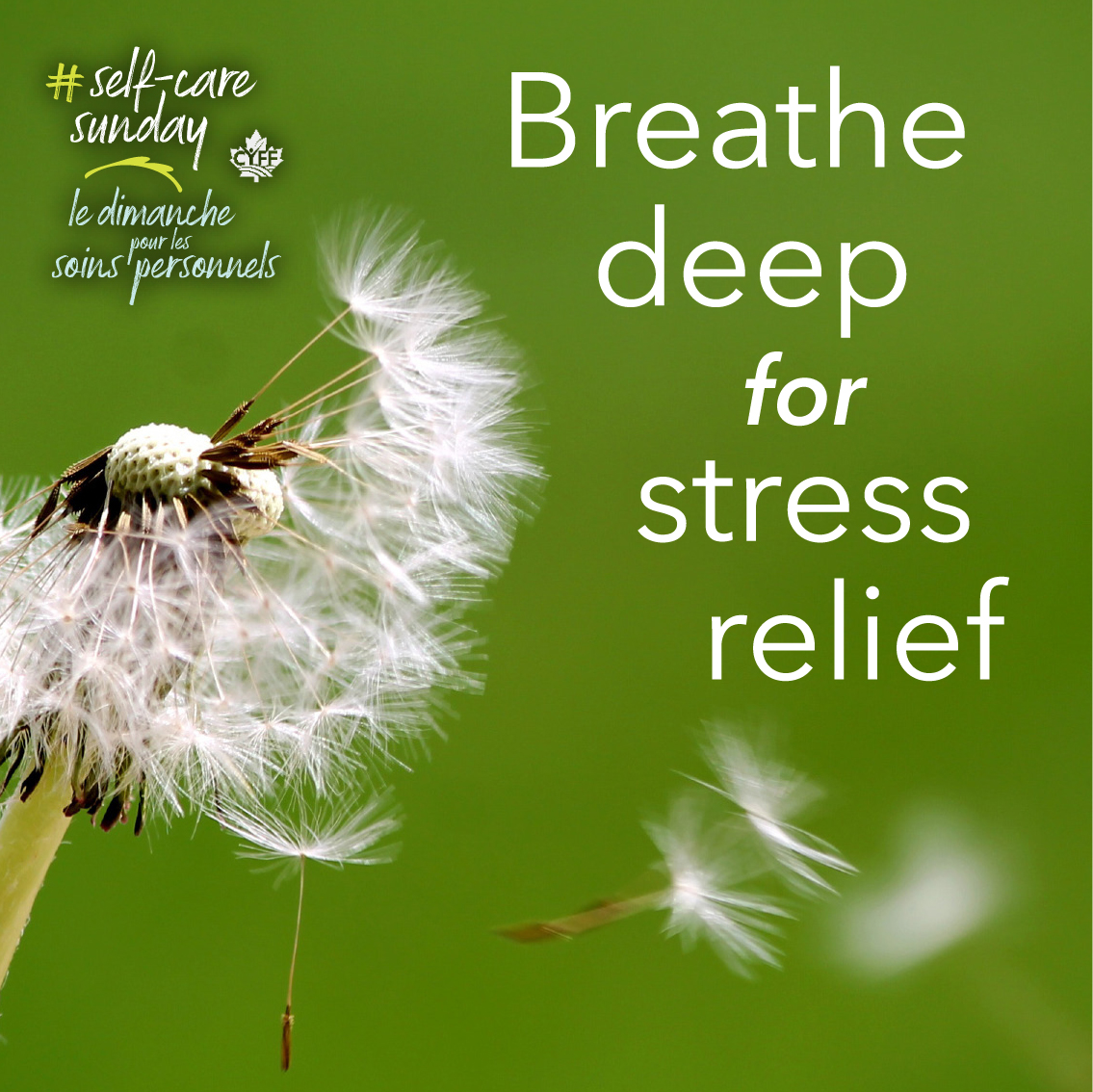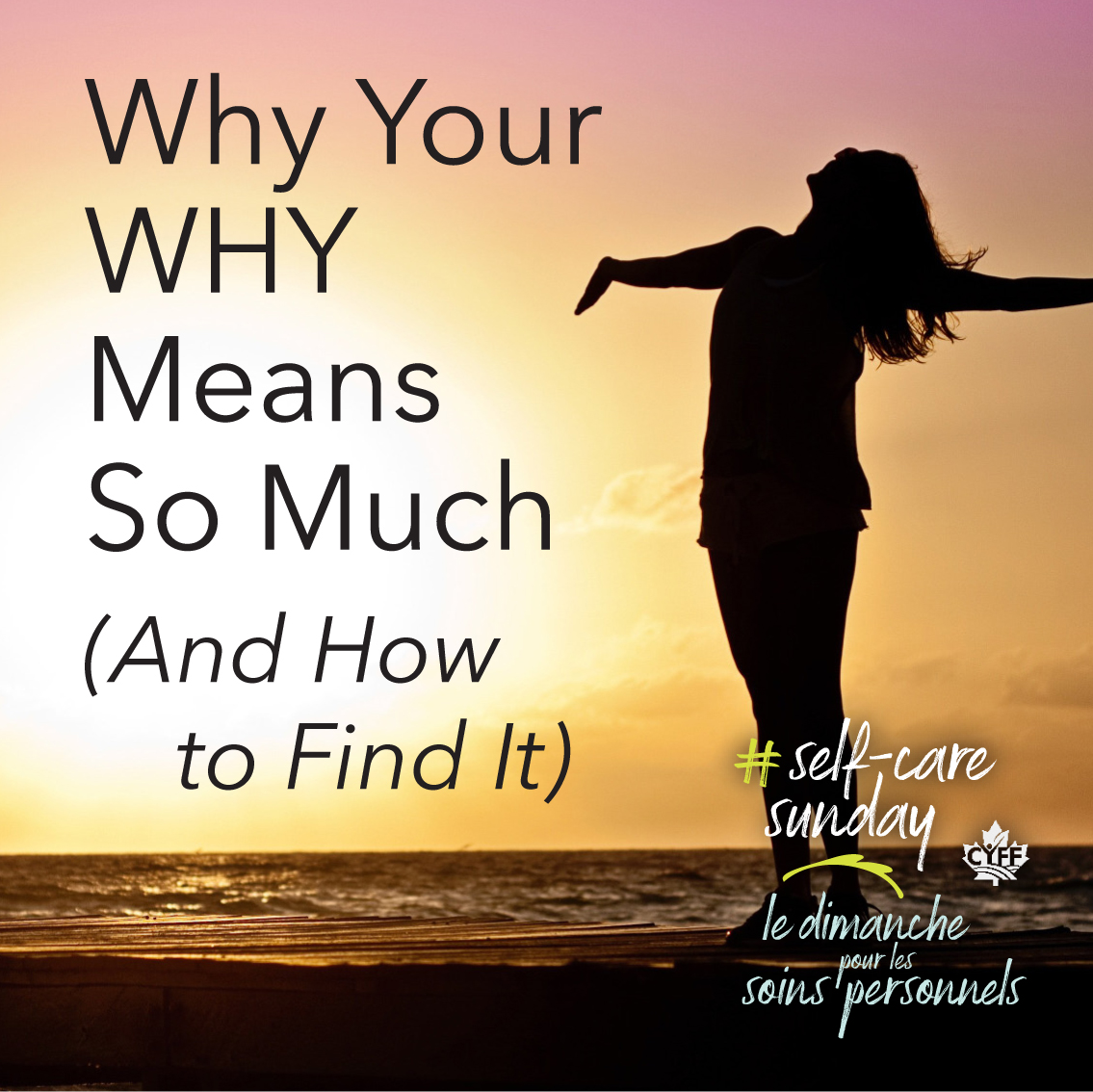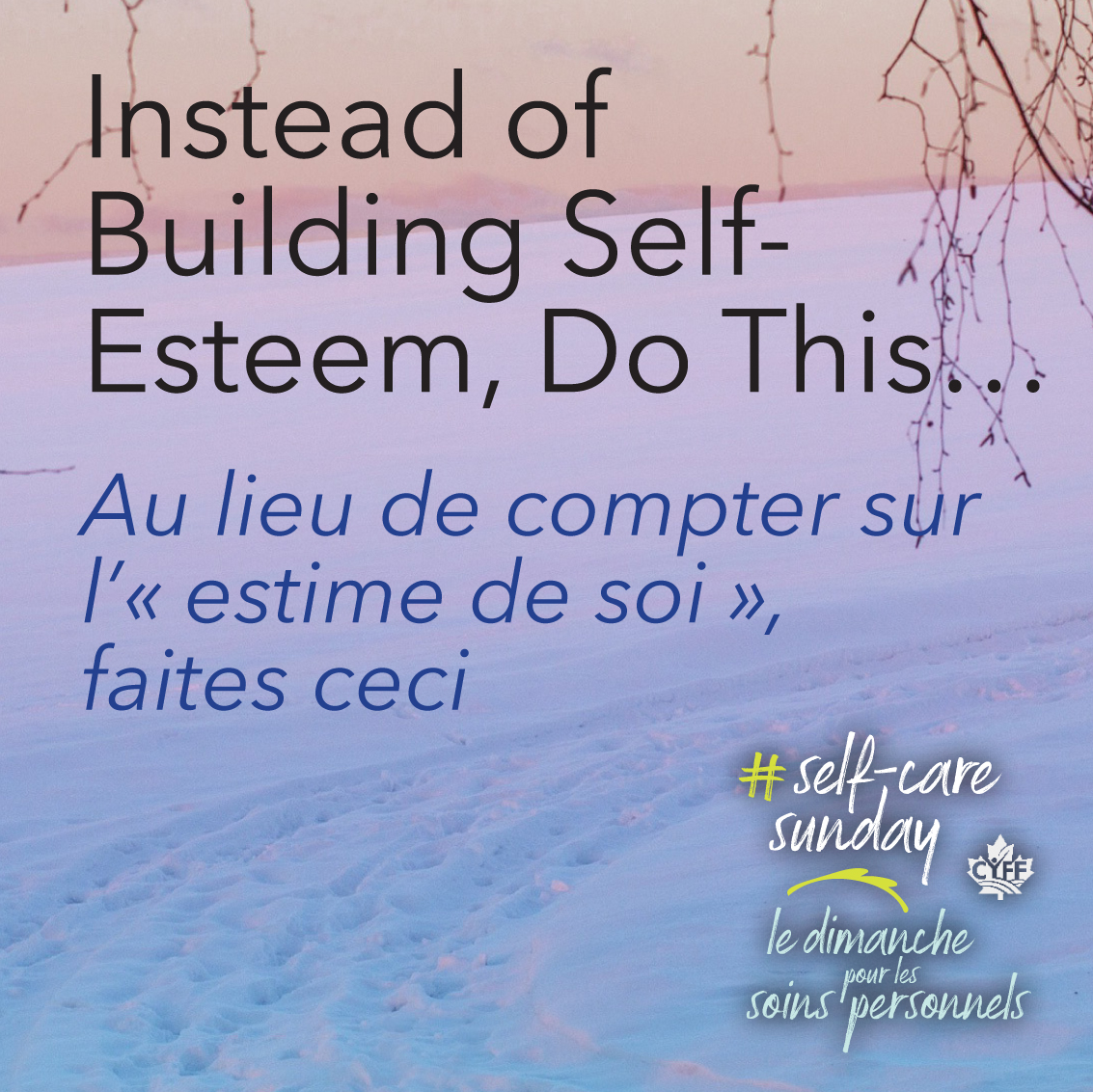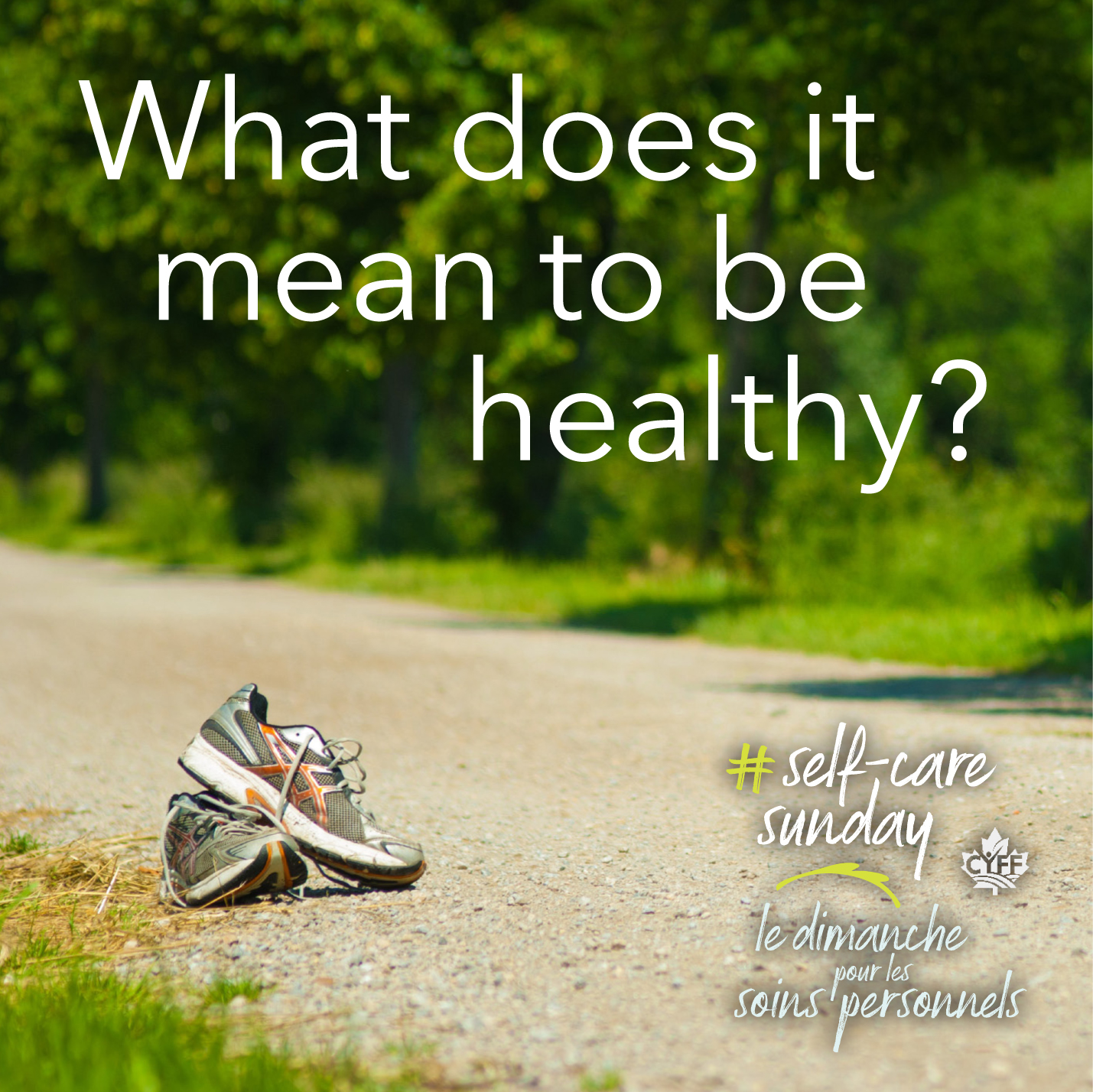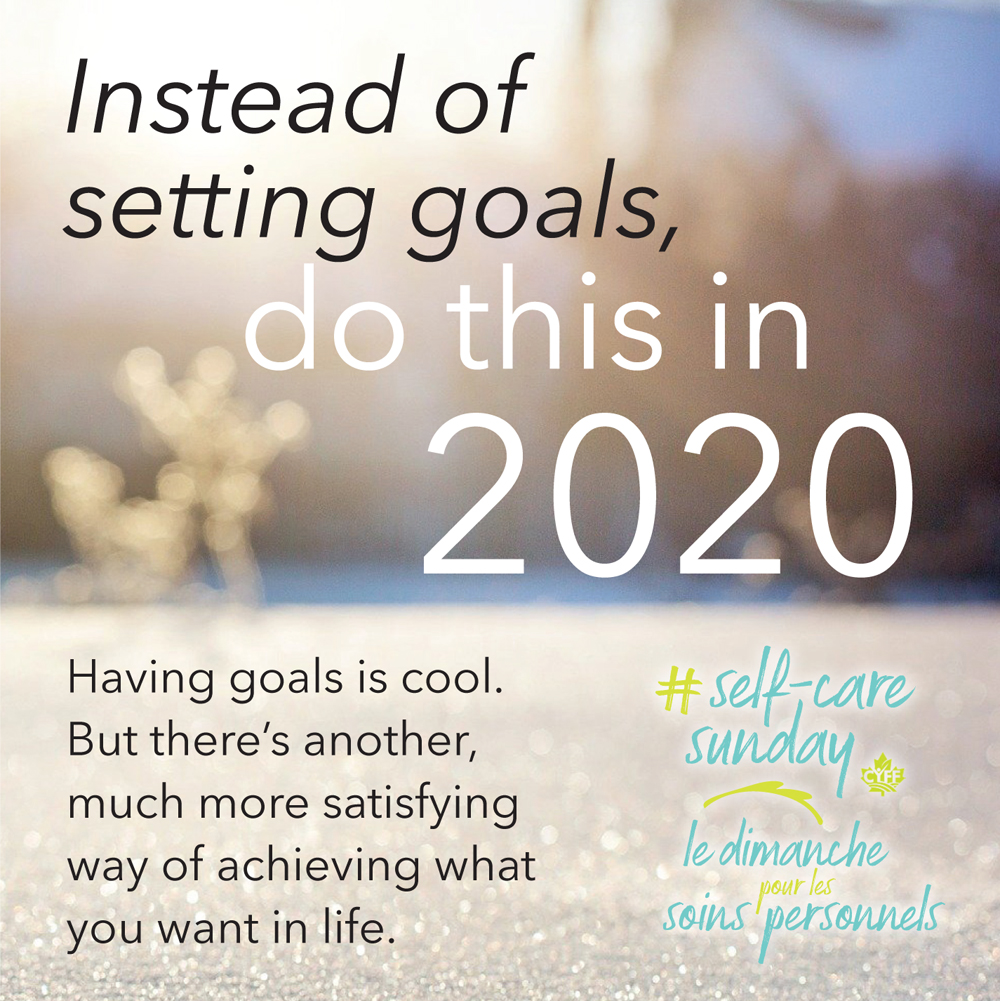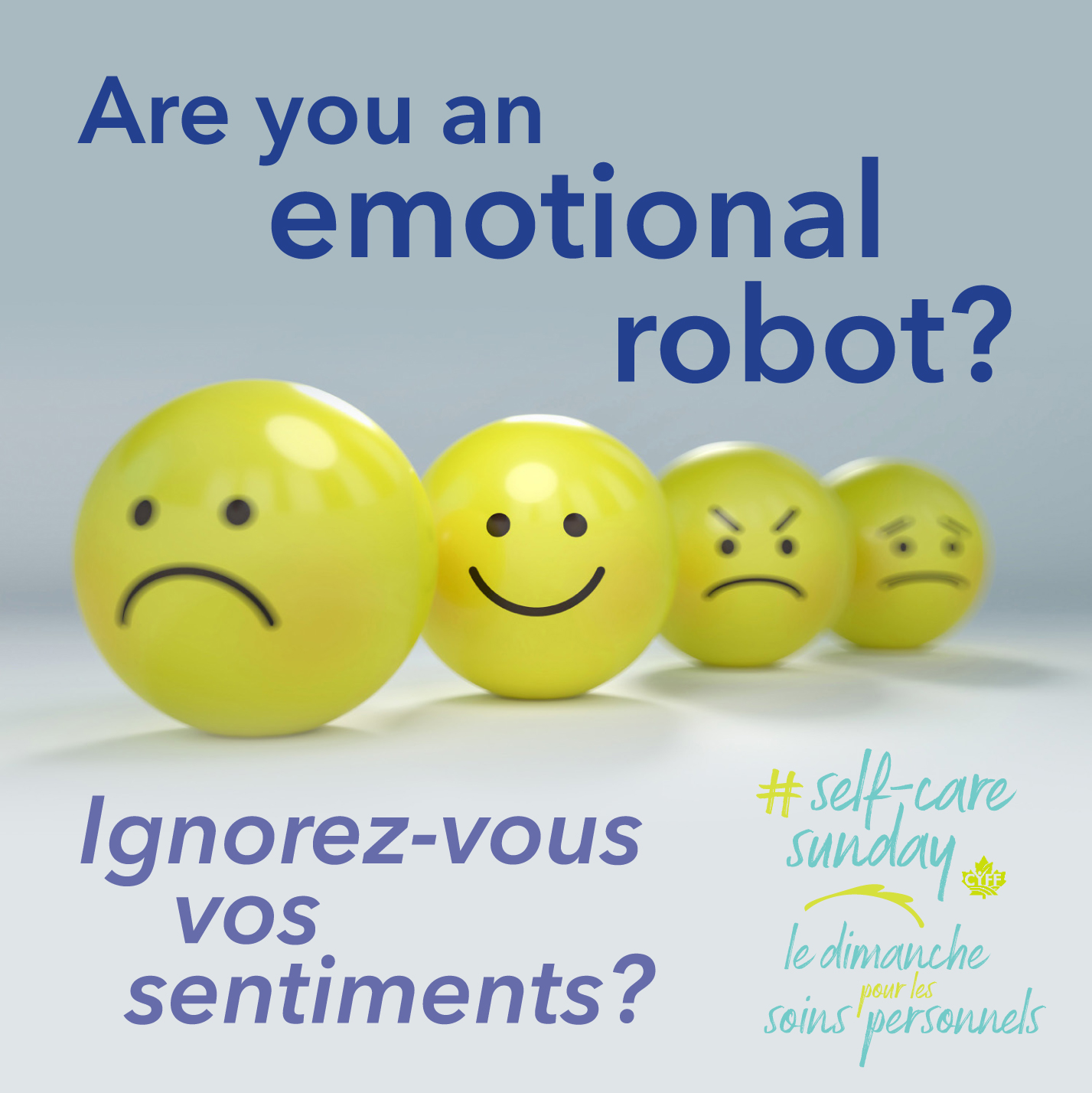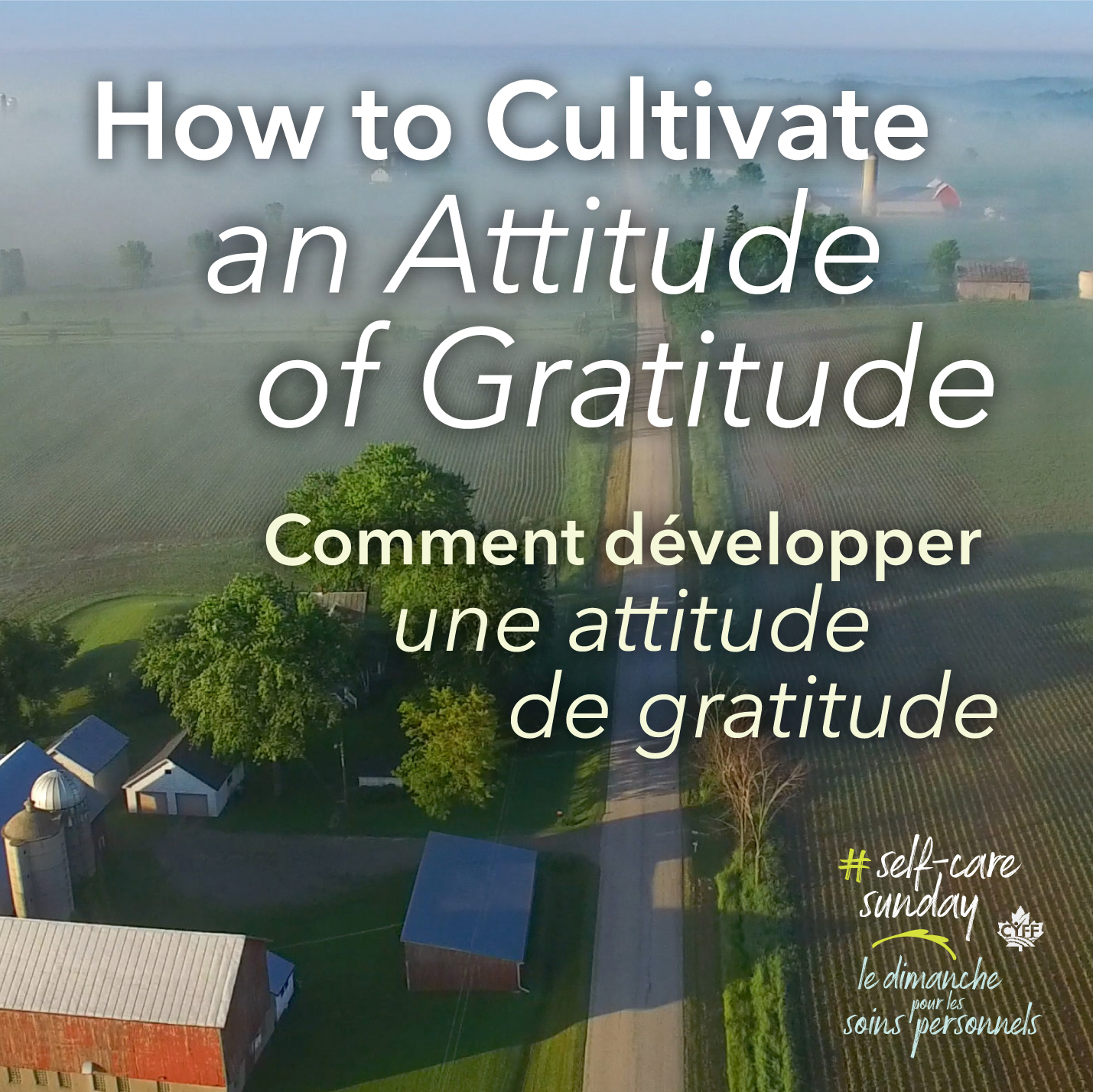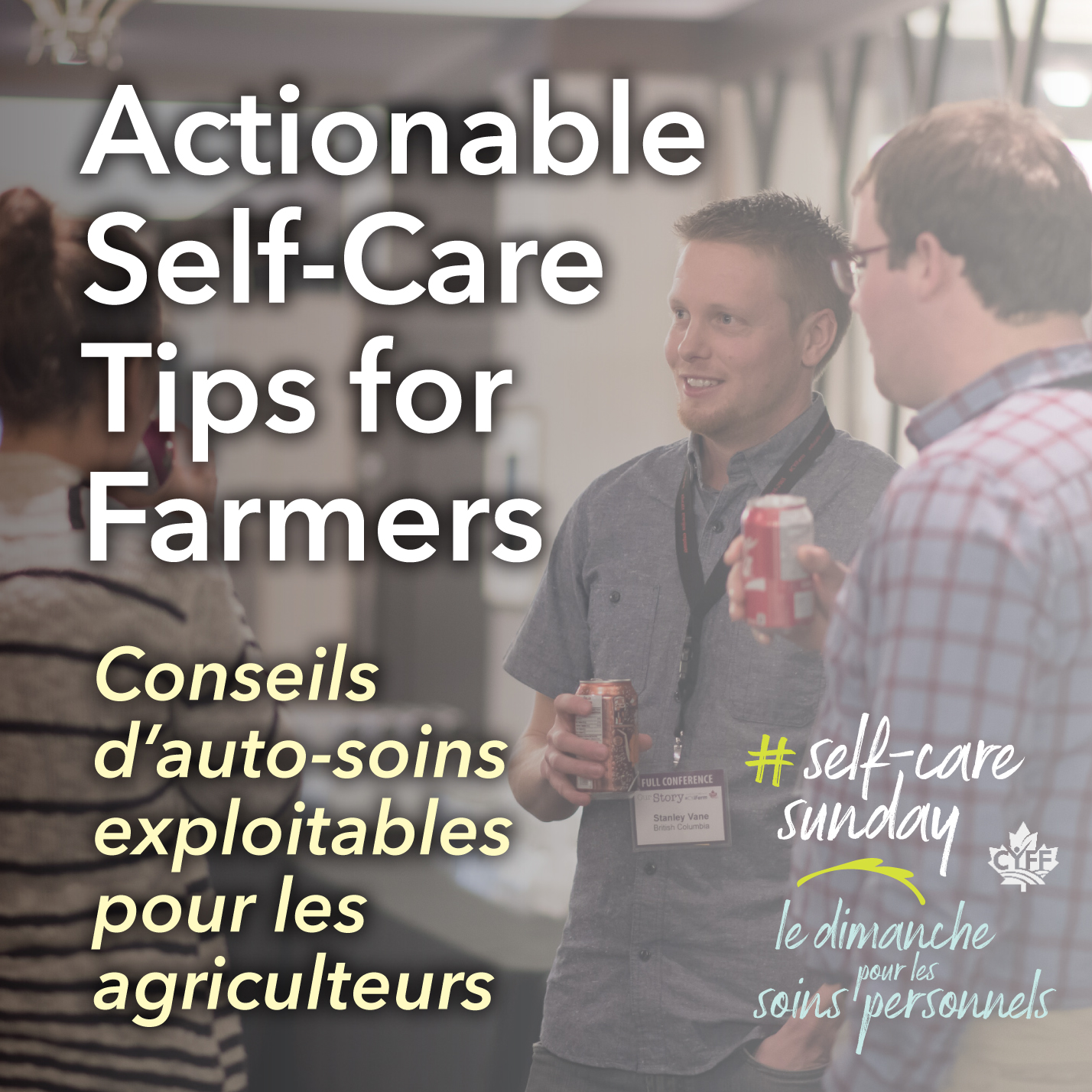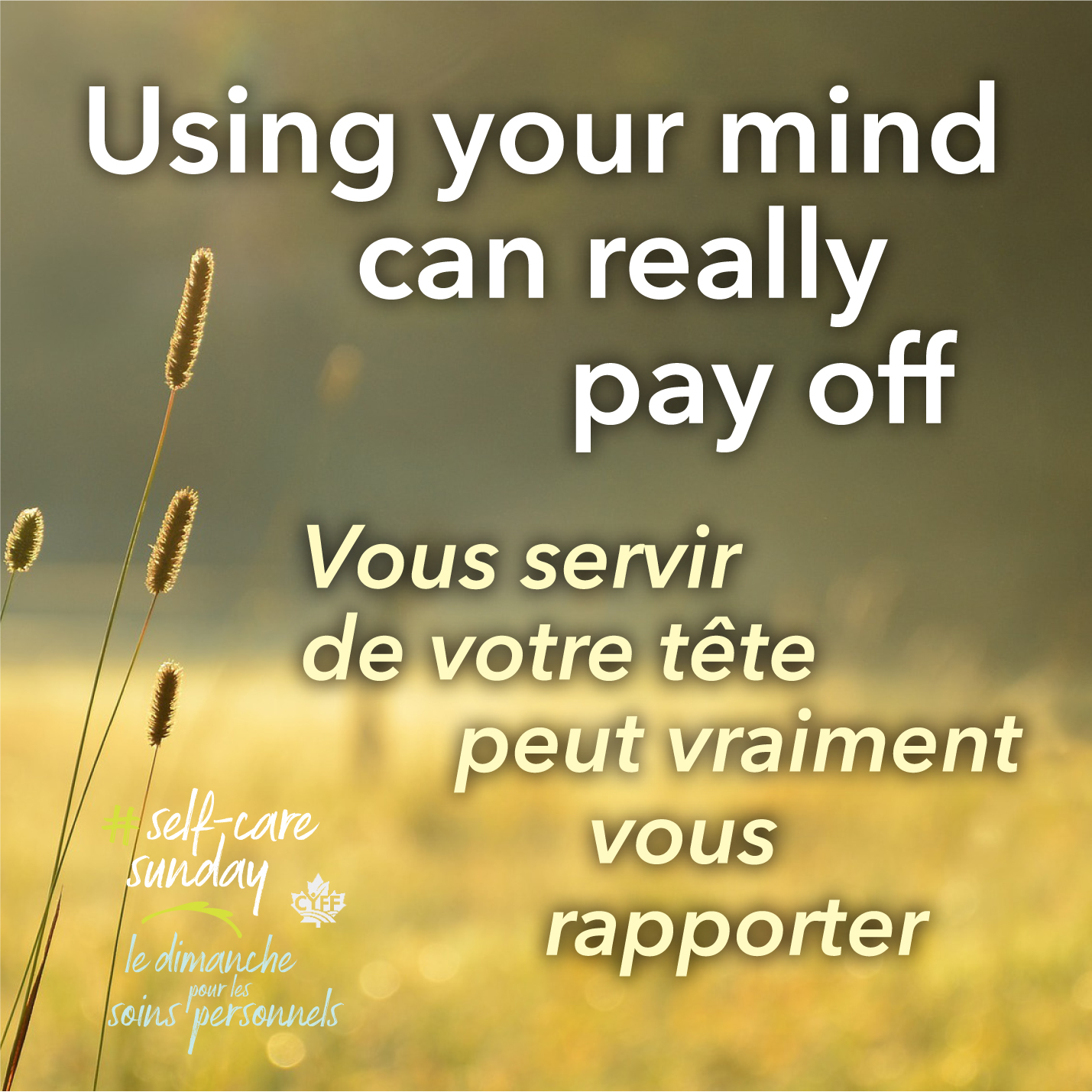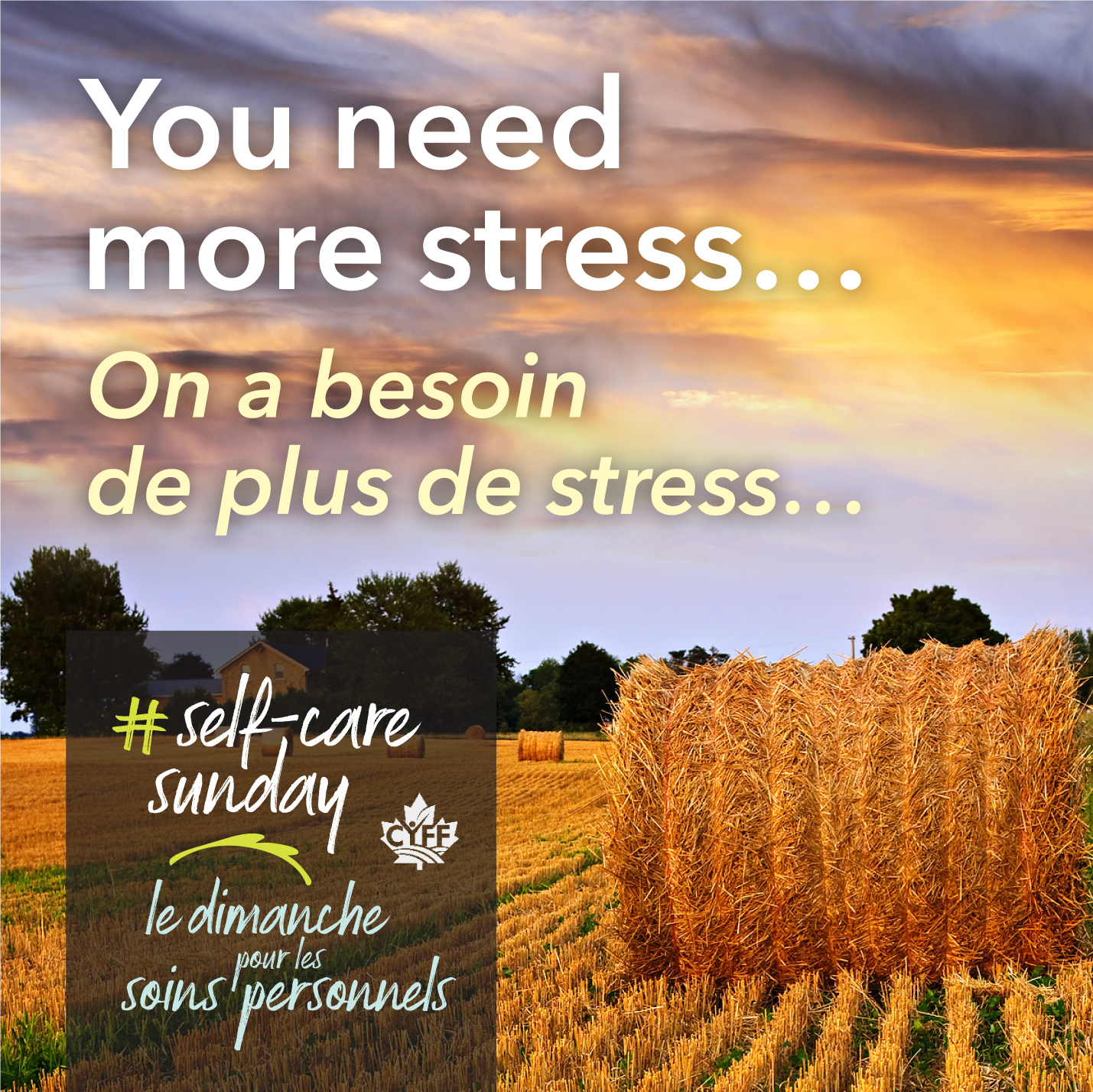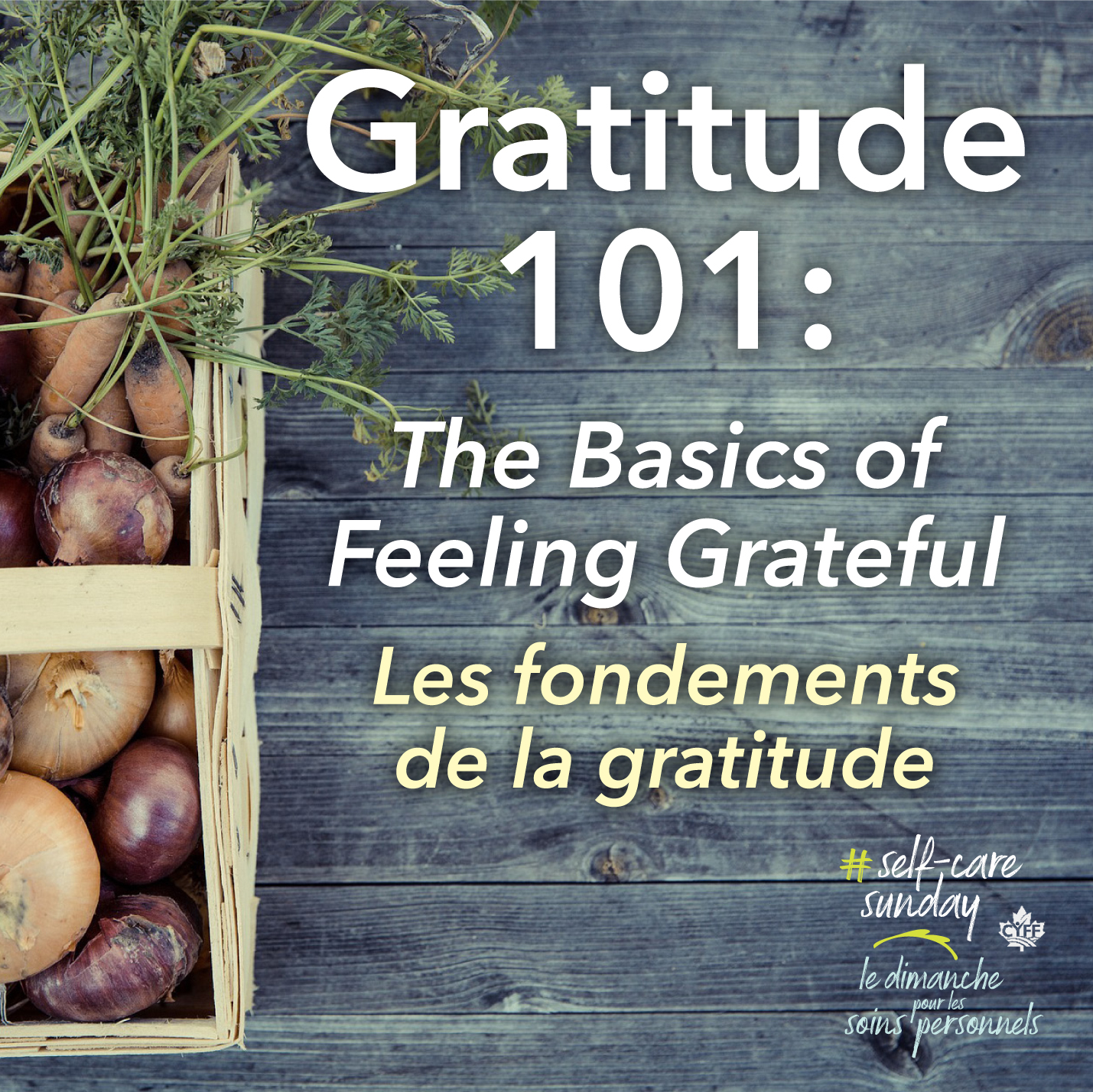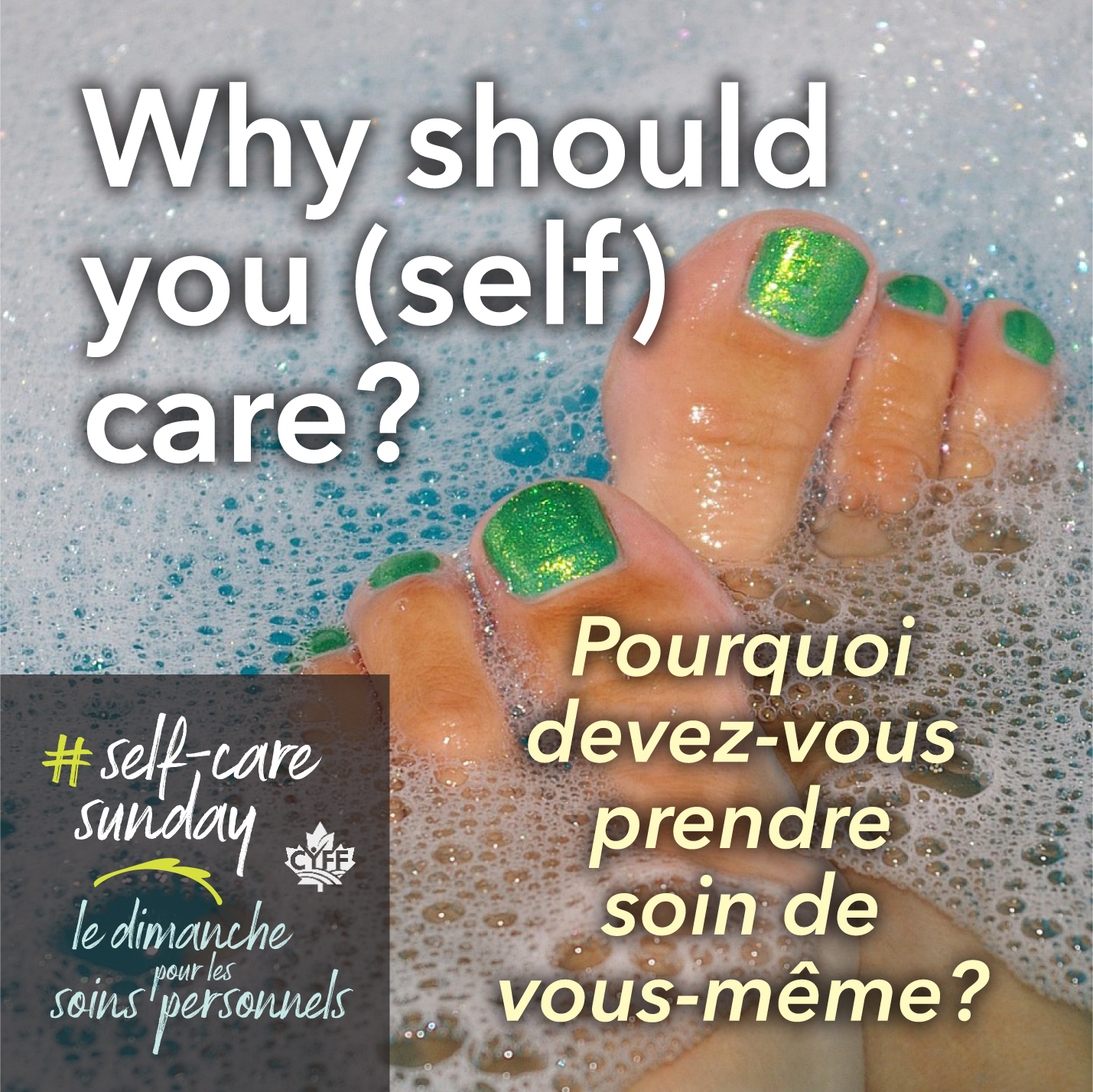

by Jess Campbell
The inaugural Self Care Sunday post acknowledges those who may not be in a particularly celebratory mindset today.
In our busy lives on the farm, it can be easy to genuinely forget about days like Father’s Day.
Just in case you have forgotten – today is Father’s Day.
But maybe you didn’t forget.
Maybe Father’s Day is not a great day for you so you accidentally-on-purpose forgot.
If that’s you, that’s okay.
When these kinds of days are celebrated – they’re not holidays but not unspecial days – it’s important to remember that these not unspecial days can be really, really hard on a lot of people.
Maybe your father isn’t in your life because you’ve chosen for him not to be for the sake of your own wellbeing.
Maybe your father isn’t in your life because he passed away last year. Or 20 years ago.
Maybe you have a strained relationship with your dad and it’s difficult to pretend to celebrate something (aka a greeting-card worthy relationship) that you don’t have.
Maybe, for whatever reason, you never had the chance to get to know your father.
When you have a great father and you have great kids, Father’s Day is awesome and easy to celebrate, as it should be. But it can also be not awesome.
Not awesome because you and your wife have been trying to have a baby for three years and still have an empty nursery.
Not awesome because your child passed away last year. Or 20 years ago.
Not awesome because you have a strained relationship with your child and you’d rather not try to celebrate something that doesn’t feel worthy of celebrating.
Not awesome because, for whatever reason, you never had the chance to get to know your child.
So, on this day of fatherly celebration – what do you do if the party doesn’t include you?
First and foremost, know that however you feel about this day is okay. If you feel awesome or not awesome or something in between or outside of that spectrum – It. Is. Okay.
If you find yourself surrounded by Happy Father’s Day messages on social media – maybe log off of social media for awhile. Contrary to popular opinion, the world will continue to turn if one logs off Twitter.
If logging off isn’t your thing then get social. Shoot a text to someone you care about. Better yet, make a phone call or even make plans to meet in real life! The point is to let that person know how you’re feeling, no matter what medium you decide to use.
Sometimes, the best thing to do, though, also happens to be the hardest thing.
If you’re a child who wants to honour their father… or a father who wants to honour their child… figure out a way to do that.
Give them some time and space in your thoughts today. Don’t censor your feelings as those thoughts fill your mind. Whatever comes – just let it come. Even if it’s just for a minute or two. A minute or two is enough, especially if it hurts.
If today is a day to celebrate then absolutely celebrate it.
If it’s not – that’s okay, too.
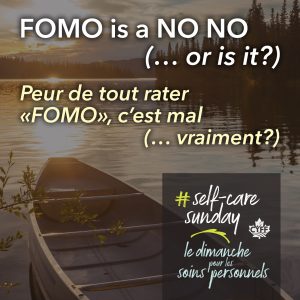
by Jess Campbell
Contrary to popular opinion, the fear of missing out can be both harmful and helpful.
Everybody has experienced FOMO, the fear of missing out, at some point in their lives. If you haven’t, here we are, in the middle of summer and the chance of developing FOMO is pretty high. The weather is (usually, depending on where you are in the country) pretty nice and there are bound to be people in your life who are doing things you’re not doing but wish you were, such as travelling, socializing (IRL!), learning something new or just generally having time to do what they want, when they want.
Farmers simply don’t always have that kind of time. There’s certainly no such thing as a long weekend. And the idea of taking an extended vacation away from the farm can seem nearly impossible. Not to mention, anxiety-inducing.
Of course, social media has heightened FOMO. We already know that scrolling through your social feeds and double-tapping on that “perfect” canoeing-at-sunset photo can make you feel bad and have a detrimental effect on your mental health.
So, the straightforward thing to do would be to avoid all instances that may cause FOMO – right? Stay home, keep to yourself and never go anywhere.
Sounds great.
![]()
FOMO A GOGO?
There are some who say that the fear of missing out can actually motivate you to achieve the dreams and goals you want for yourself. You see others achieving similar things and instead of feeling down about it, you feel driven to succeed.
The trick here, however, is knowing whether what you’re FOMO-ing about is something you actually want.
Do you care about canoeing at sunset?
Or learning to BBQ steak to perfection?
Or buying another 100 acres?
It’s a question of whether achieving those things will better your life in the moment or better your life overall.
If you feel it’s your mission in life to learn more about how to BBQ beef so it literally falls off the bone – go learn that.
If you really want to take your farm business to the next level by pitching a purchase plan to your neighbour who might want to sell in the next five years – go do that.
If you are certain your life will be incomplete unless you test your photography skills in a canoe in the middle of a lake at sunset – go for it. Whatever blows your hair back!
SLOW YOUR FOMO.
When you’re being driven by wanting to do something or say something or be something to keep up with the proverbial Jones’, this is where we run into issues. FOMO assumes (especially on social media) that what you’re seeing is the entire scenario – but that’s hardly ever the case.
Did your Twitter friend just buy another parcel of land to expand their farm? Awesome! What you don’t know is that their cash flow is barely flowing and things are going to be tight for a long time.
Did your neighbour return from a two-week vacation to Europe, away from their farm? Wonderful! What you don’t know is that they needed to get away because they were on the edge of a nervous breakdown.
If you find yourself lusting after what somebody else appears to have, try taking a deep breath and looking around at your current situation. You have the power to control your own life and it’s a safe bet that there are awesome things happening which you’re choosing to stay blind to (even the little things, like a crock-pot supper ready and waiting for you after chores or a calm, cool summer night sky bursting with stars).
What FOMO comes down to is understanding why you feel like you’re missing out and taking the steps to alleviate that feeling. FOMO can help you follow your dream – but it can also help you realize that perhaps, all things considered, you’re already living it.
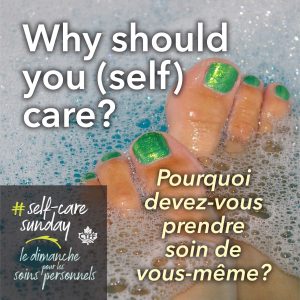
by Jess Campbell
Why care about something so “trendy” when you have crops to grow and livestock to feed? You might be surprised at what a little focus on you can do.
Drawing a bubble bath.
Lighting a candle.
Getting a mani pedi.
Taking a nap.
Taking a day off work.
(Ha! That last one, am I right?)
These are some of the top activities that flood a Pinterest feed when you ask the search engine for self-care ideas. To a person who has a 9-to-5 type of job, some disposable income and extra time on their hands, any of those activities would be a fantastic way to show yourself some care.
But for farmers?
Not necessarily.
Self-care is not high on the priority list of many farmers yet the act of caring for yourself has been scientifically proven as highly beneficial – some even say it’s non-negotiable. The trick with self-care is understanding what it is and what it is not, and just how it can work in your favour. Even after you’ve spent 14 hours in a tractor and all you want to do is go to bed. (Spoiler Alert: going to bed when you’re tired – not when the clock says its time – is self-care!)
WHAT IS SELF-CARE, ANYWAY?
Let’s begin with a straightforward answer to the question of self-care and what it entails. Self-care means consistently engaging in activities or practices that enhance your well-being and reduce your stress.
Super.
But what does that actually mean?
Think of it as focusing on yourself and what you want. When was the last time you actually did that – focused on what you wanted and then followed through on that desire to the benefit of yourself? Chances are, it’s been awhile. A top deterrent for farmers to practice self-care is that they have too much to do and too many other people – or animals! Or acres! – to answer to. If that’s the case for you, that’s okay. But understand you are choosing to answer to all those other people before you answer to (or take care of) yourself.
Harsh reality, maybe. But that doesn’t make it wrong.
There are actually several types of self-care: physical, emotional, spiritual, social, financial, psychological, environmental and professional.
For example, consider the environment in your home, your vehicle, even your tractor. Is it messy and cluttered, with receipts and clothes lying around and yesterday’s dishes on the table? Is the floor of your tractor filled with old coffee cups and garbage – from last season? You may think you’re about to be told to tidy up (and you’d be correct). But before you start to load that dishwasher, consider how it feels to be sitting amongst all that clutter. Does walking into a dirty house or getting into a truck filled with take-out containers make you feel calm? Does it lower your stress level or add to it?
Farmers have enough stress in their lives due to the things they can’t control – here’s looking at you, Mother Nature. Perhaps consider the idea that taking control of the things you can may help you manage your stress around the things you can’t.
WHY SELF-CARE MATTERS.
If you could live longer, in a healthier body while genuinely enjoying all aspects of your life – would you? Hopefully, the answer is yes. Taking time for self-care can get you there, even when it’s in small doses. In the short term, taking time to focus on and care for yourself means you’ll be more productive and optimistic, have steadier moods and have better quality sleep.
In the long term, self-care will mean lowering your blood pressure (and other health markers like blood sugar and cholesterol), having a healthier heart and living a more balanced life.
What you do to take care of yourself doesn’t have to look like all those suggestions above. It can simply be about noticing how you feel throughout the day, and taking the steps to eliminate feelings like shame, guilt or obligation from your thoughts, even for just an hour. That might sound impossible but, with practice, you can do it.
Our next article will continue to explore this topic and suggest actionable ways farmers can begin to practice self-care. Until then, know that no matter what’s happening on the farm – there IS no farm without you, the farmer.
Taking care of yourself matters because you matter.


